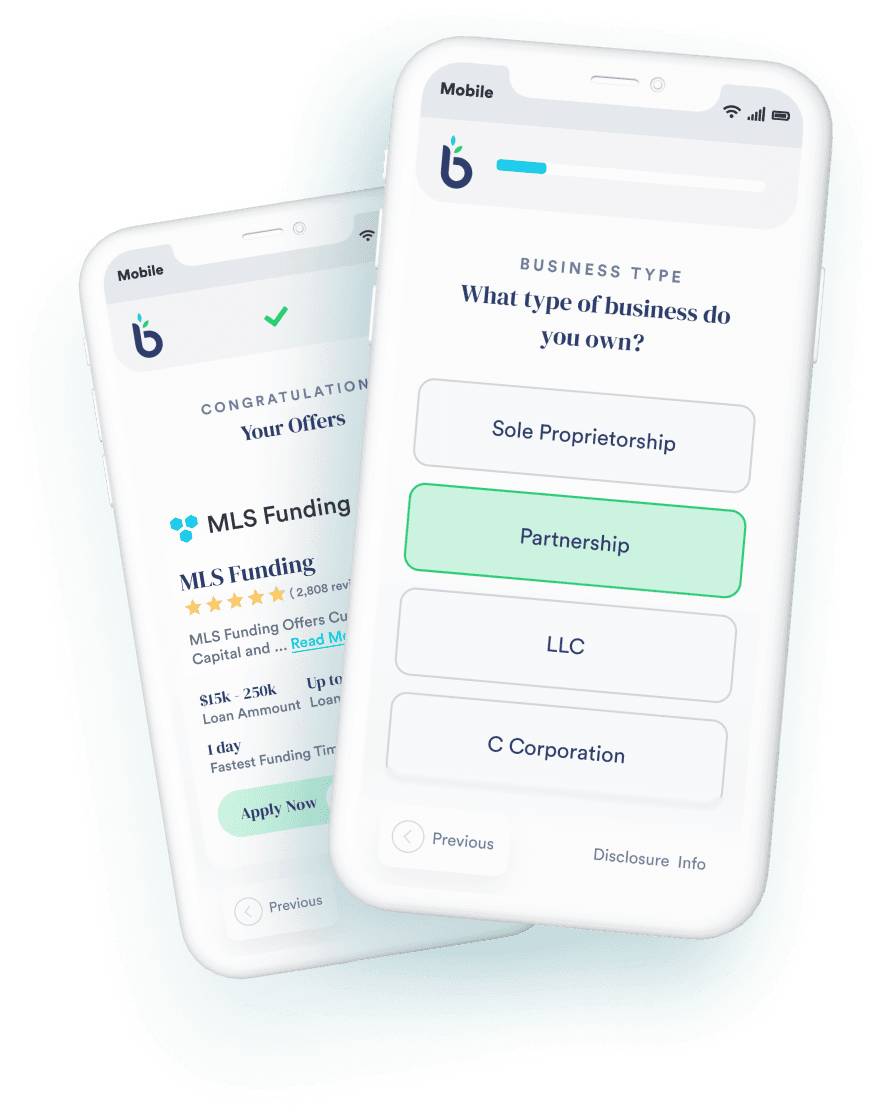What is Merchant Cash Advance? Flexible Terms. Apply Online.
Merchant Cash Advance
Quick Overview
- Repayment: daily or weekly debit from merchant account
- Advance secured by direct access to the merchant account
- Payback maybe 20% to 40% of the amount borrowed
- Merchant cash advance providers can be found online
By Bradley Harris | Last Updated: September 10, 2021
If a business owner needs quick access to cash to meet a short-term need for capital, sometimes he or she can leverage their credit card merchant account to access funds. A merchant cash advance (MCA) is an alternative to the lengthy approval process and strict credit requirements required for a traditional term loan.
What is a Merchant Cash Advance?
A merchant cash advance (MCA) isn’t technically a loan, but rather a cash advance based upon the credit card sales of a business. A small business can apply for an MCA and have an advance deposited into its account fairly quickly.
Merchant cash advance providers evaluate risk and weight credit criteria differently than a banker. An MCA provider looks at the daily credit card receipts to determine if the business can pay back the funds in a timely manner. Basically, a small business “sells” a portion of future credit card sales to acquire capital immediately.
Rates on a merchant cash advance can be much higher than other financing options and depending on the company, can be prohibitively high. It’s critical you understand the terms you’re being offered so you can make an informed decision about ROI.
How a Merchant Cash Advance Works
An agreement is made between the small business owner and the MCA provider regarding the advance amount, payback amount, holdback, and term of the advance. Once an agreement is made, the advance is transferred to the business’ bank account in exchange for a future percentage of credit card receipts.
Each day, an agreed-upon percentage of the daily credit card receipts is withheld to pay back the MCA. This is called a “holdback” and will continue until the advance is paid in full. Access to a business owner’s merchant account eliminates the collateral requirement required for a traditional small business loan.
Because repayment is based upon a percentage of the daily balance in the merchant account, the more credit card transactions a business does, the faster they’re able to repay the advance. And, should transactions be lower on any given day, the draw from the merchant account will also be less. This means that during times of slow business, the business’ payback is relative to their incoming cash flow.
Repayment and Loan Costs
A business that uses a merchant cash advance will typically pay back 20% – 40% or more of the amount borrowed. This percentage is called the factor rate.
Note: there’s a difference between the holdback amount that a small business pays every day (as a percentage of their sales receipts) and the repayment amount for the entire advance. There could, for instance, be a holdback of 15%, and a repayment of 30%, so it’s important for business owners to understand this distinction.
The holdback percentage is based on:
- The amount of funds a business receives,
- How long it will take to pay back the money, and
- How big the monthly credit card sales are.
For Example: A business is advanced $10,000 and agrees to pay back $13,000. This means the payback, or factor rate is 30%. Moving forward, the business agrees to have 15% of the business’ credit card transactions withheld by the advance company (the holdback) until the $13,000 is collected. If the business is averaging $14,500 a month in credit card sales, approximately $2,160 would be withheld each month and the advance would be paid back in roughly six months.
Typical holdback rates may range from 10%-20%, though this can vary widely based upon the business and risk.
How to Know if a Merchant Cash Advance is Right for Your Business
When does it make sense for a business to use a merchant cash advance? An MCA is an option when a business needs access to capital quickly to take advantage of an opportunity to purchase inventory at a discount, a special marketing opportunity, or other short-term capital needs. And, because credit requirements are less stringent, it could be an option for a business that does a lot of credit card transactions but might have less-than-perfect credit.
How to Apply
The time it takes to get approved for a merchant cash advance could be anywhere from hours to a few days, depending on the paperwork and other details. And once the process is approved, a business could see the funds in their account within 2 days.
The application process isn’t as complicated as a traditional loan, which typically makes the merchant cash advance approval process a faster option. Here are the steps a business needs to take:
- Apply for funding. Typically, the application will be one to two pages and you will be asked for your social security number, business tax ID, and other important information about your business.
- Provide documentation. You will probably be asked for several months of credit card processing as well as bank statements. You will likely also be asked to provide proof of citizenship as well as a copy of the lease for the business location.
- Get approved. It could be as quick as 24 hours for your business to be approved for a merchant cash advance.
- Set up the credit card processing. This type of funding may require the business to switch to a new credit card processor. It can be inconvenient to switch processors but it is sometimes a necessary part of the approval process for many MCA providers.
- Finalize the details. To use the previous example we mentioned, the funding details might be something like this; a small business is approved for $10,000 and required to pay back $13,000. The merchant account will be debited 15% every day until the entire $13,000 is paid back.
- Receive the funds. The money from the MCA will be deposited into the small business’ bank account and repayment via the merchant account will begin automatically.
Tips and Caveats
This type of financing does not build business credit because merchant cash advance providers do not report to business credit reporting agencies.
Rates for a merchant cash advance can be much higher than other types of financing, and rates vary widely by provider. It’s important to make sure the ROI is positive before you sign on the dotted line.
Equipment Financing
A Business Line of Credit



